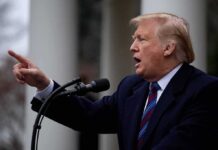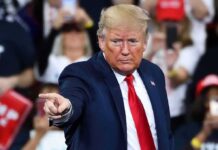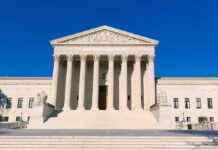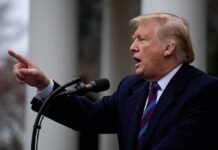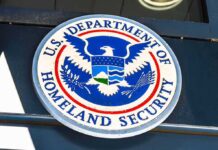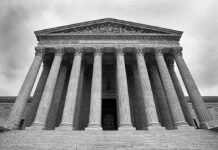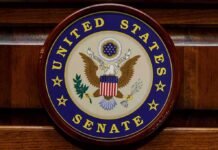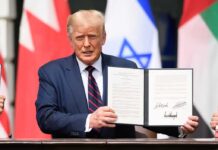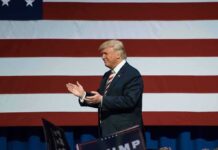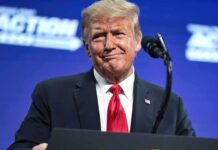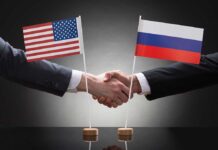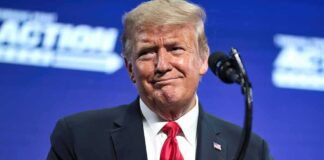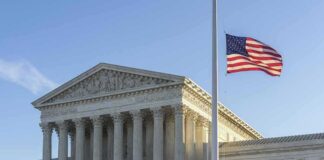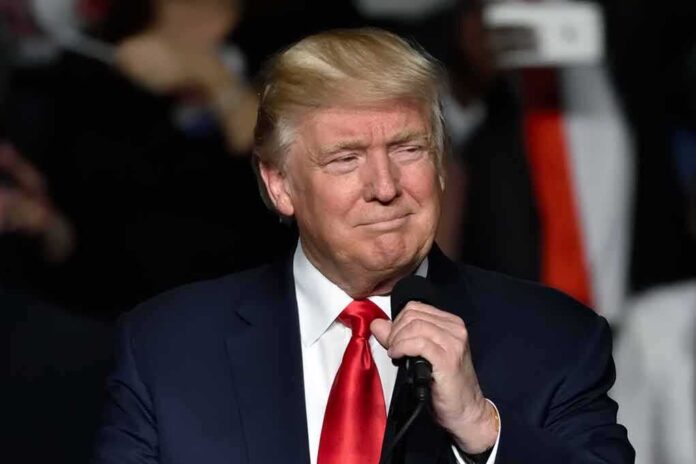
President Trump signs executive order requiring citizenship proof for voters, triggering immediate praise from election integrity advocates and legal challenges from opponents concerned about voter disenfranchisement.
Quick Takes
- Trump’s executive order requires proof of citizenship to register for federal elections and mandates all ballots be received by Election Day.
- States that don’t comply with the new requirements could lose federal funding.
- Only 29 instances of noncitizens voting in federal elections were documented from 2003-2023.
- Critics warn 9% of voting-age citizens lack required documentation, potentially disenfranchising legal voters.
- Legal challenges are expected as Constitution grants states primary authority over elections.
Citizenship Verification Mandate
President Donald Trump signed a sweeping executive order requiring proof of citizenship for voter registration in federal elections. The directive instructs the federal Election Assistance Commission to implement this requirement within 30 days, fundamentally changing how Americans register to vote. Under the order, state and local officials must record and verify citizenship information before allowing registration. The Department of Homeland Security will gain access to state voter rolls to ensure only citizens are registered to vote.
The order states, “Free, fair and honest elections unmarred by fraud, errors or suspicion are fundamental to maintaining our constitutional Republic. The right of American citizens to have their votes properly counted and tabulated, without illegal dilution, is vital to determining the rightful winner of an election.”
WASHINGTON: President Trump signed an executive order mandating a citizenship question on federal voting forms, requiring proof of citizenship before voting. States risk losing funds if they don’t comply, and DOJ will crack down on election crimes. pic.twitter.com/wszkYj1Mym
— KolHaolam (@KolHaolam) March 26, 2025
Election Day Deadline and Federal Funding Consequences
Another significant aspect of the executive order prohibits counting absentee or mail-in ballots received after Election Day. This directly conflicts with current practices in 18 states and Puerto Rico that allow ballots postmarked by Election Day to be counted if they arrive within a specified timeframe afterward. States failing to comply with the executive order’s requirements could face serious consequences – the potential loss of federal funding, creating powerful incentives for state officials to implement these changes despite possible legal challenges.
The order also rescinds a 2021 executive order issued by former President Biden that was aimed at boosting voter registration across federal agencies. Georgia Secretary of State Brad Raffensperger and other Republican officials praised Trump’s order as a necessary step toward ensuring election integrity. Trump indicated this was just the first of several election-related actions his administration plans to take in the coming weeks.
Legal Challenges and Concerns
The executive order is expected to face immediate legal challenges from voting rights groups and Democratic state attorneys general who argue it exceeds presidential authority. The Constitution grants states primary authority over election processes, with Colorado’s Secretary of State already criticizing the order as unlawful federal overreach. Civil rights organizations warn the citizenship documentation requirement could disenfranchise many eligible voters, as studies indicate approximately 9% of voting-age citizens lack such documentation.
Particular concerns have been raised about married women who changed their names and may face registration issues due to mismatched birth certificates. Despite the aggressive push to prevent noncitizen voting, data from the Heritage Foundation identified only 29 instances of noncitizens voting in federal elections from 2003 to 2023. Currently, certain municipalities in California, Maryland, Vermont, and the District of Columbia do allow noncitizens to vote in local – but not federal – elections.
Enforcement and Implementation
Department of Homeland Security Secretary Kristi Noem will play a key role in implementing the order. DHS is directed to provide “information on all foreign nationals who have indicated on any immigration form that they have registered or voted in a Federal, State, or local election, and shall also take all appropriate action to submit to relevant State or local election officials such information.” This coordination between federal immigration authorities and state election officials represents a significant shift in federal-state election administration relationships.
Trump has repeatedly claimed that illegal votes contributed to his losses in the 2020 election and the popular vote in 2016, though evidence supporting widespread voter fraud has not been substantiated. The president declared at the signing ceremony, “this will end it, hopefully,” referring to election integrity concerns that have become a cornerstone issue for his administration and many Republican voters. As implementation begins, both supporters and critics will be watching closely to see how this order reshapes American electoral processes.
Sources:
Trump signs broad elections order requiring proof of citizenship
Trump Signs Order Requiring Citizenship Proof to Vote in Elections


